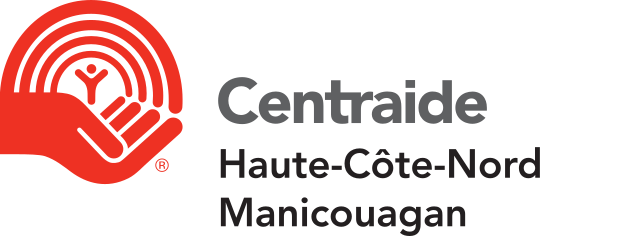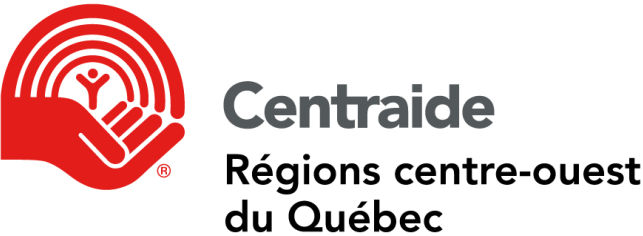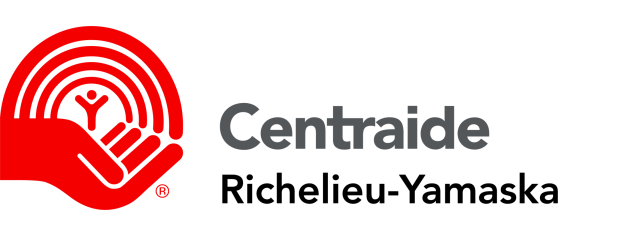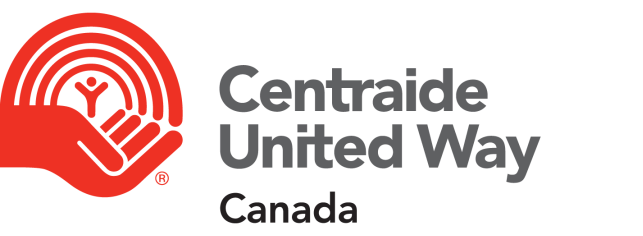[ Browse by Service Category : Criminal Justice and Legal Services : Sub-Topics of Criminal Correctional System (15) ]
Alternative Sentencing/Supervision
Programs that provide formal supervision of offenders released conditionally on probation or parole or confined to their homes or other venues in the community; that offer alternatives to involvement in the justice system; or that provide the option of participating in restorative justice, counselling, educational or employment programs as an alternative to incarceration in a correctional facility, payment of a fine or other sanctions.
Ex-Offender/Offender Transitional Housing
Community-based programs, not operated or contracted by Correctional Service Canada, that provide accommodation for ex-offenders, or offenders in the community under conditional release, who need a gradual transition to a relatively free and normal existence in the community.
Ex-Offender Reentry Programs
Programs that help people who have been released from a correctional facility make a successful transition to community life. Services generally include an assessment of the individual's needs, discussion of options and short-term case management involving coordination of needed services which may include housing location assistance, job training, job placement and retention services, legal assistance, literacy skills development, CAEC or other high school equivalency courses, parenting classes, life skills training, access to food and shelter resources, and other sources of support.
The above terms and definitions are part of the Taxonomy of Human Services, used here by permission of INFO LINE of Los Angeles.















